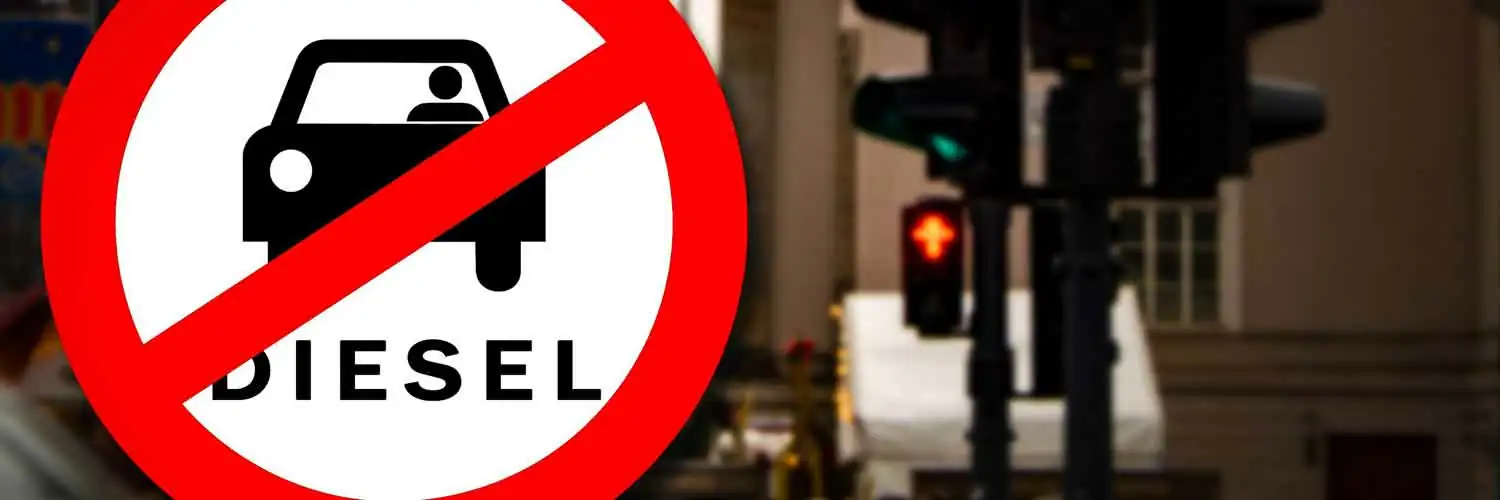Plans to abolish the sale of new petrol and diesel cars from 2035 as opposed to an initial 2040 date probably came as no surprise when announced during February, although owners of hybrid vehicles, – now included in this ban for the first time – will no doubt be wondering how this will now impact them. However, reports suggest that the ban on future sales could be brought even further forward, with a possible 2032 date in the pipeline.
Background to the change in law
Originally experts dismissed the existing 2040 date for the ban, claiming that in respect of climate change and governmental policy on emissions, it would be far too little too late for the UK to meet its target of zero emissions by 2050.
This view was reiterated by a report published by the Science & Technology Committee (August 2019) which recommended that the ban should be fast tracked in line with policy existing across other European countries. Norway will bring its ban into effect from 2025, while Netherlands, Ireland and Denmark have set a 2030 deadline.
However, opinion is still divided. Is 2035 a feasible date, and could the ban be brought forward even further, perhaps to 2032? Transport Secretary, Grant Shapps believes so. The Department of Transport backs his view, confirming that the government is in fact consulting on a range of possible dates to halt the sales of petrol, diesel and hybrid vehicles. Once the ban does come into effect, UK purchasers will be limited to either pure electric or hydrogen powered vehicles.
Hybrids are also included in the ban
Signs that hybrid vehicles were falling out of favour with the government could be seen from 2018, when the grants towards their purchase were cut. Hybrids have combustion engines which means their actual emissions can vary greatly from those advertised in brochures. Hybrid vehicles, if not regularly charged, can be just as polluting as petrol and diesel vehicles.
Environmental impact
Transport accounts for approximately one third of all CO2 emissions in the UK. Therefore, abolishing future sales of new petrol and diesel vehicles will help the government to meet its zero target. The Committee for Climate Change believe that if other countries set a zero target for 2050, there’s a 50:50 chance that global temperatures will rise no more than 1.5 degrees c by the year 2100.
Commercial impact
The government’s decision to bring forward the ban on sales of new petrol and diesel vehicles to 2035 (or even sooner) has been attacked by manufacturers. The Society of Motor Manufacturers and Traders have called upon the government to develop a comprehensive plan to help industry meet the goal, stating that a ‘haphazard approach could undermine sales of hybrid vehicles, which are in fact helping to meet climate goals in the near term.’
Major European car makers are investing significantly in developing electric cars, but questions remain as to whether UK manufacturers will be able to compete, given the current uncertainty over the impact of Brexit on exports and supply chains.
Impacts for couriers and same day delivery services
The case for courier service and parcel delivery companies to invest in electric fleets is more compelling. Excise duties, parking surcharges for diesels and clean air zones planned for major cities have added to the pressure faced by the transport and logistics industry. Businesses such as Royal Mail, BT and DHL have started to invest in electric vehicles, and with public pressure for clean air mounting, it would appear that the day of the diesel is doomed.
However, the lack of van choice / size and the costs of new technology vehicles are issues which must be addressed for the courier and same day delivery service industry. For courier services operating within a local vicinity, charging points may be plentiful. For those offering a longer distance same day delivery service a lack of charge points could be a problem – electric vans on average have less than half the capacity range of a diesel equivalent. Time is money and couriers and same day delivery service need the ability to charge and go as opposed to waiting for available charging points.
Advantages for the courier industry need to be economical rather than merely environmental. Potential savings can be seen in the cost of running electrical vehicles versus diesel, tax refunds and grants available towards the costs of new fleets and charge points at places of business.
Between the government, manufacturers and public at large, it’s difficult to see a long term position for diesel and petrol vehicles on our roads. Concerns over health and climate change are just too powerful and overwhelming. Therefore it seems to be a natural conclusion that we’ll all be having our deliveries made by courier companies with electrically powered vehicles in the future.
